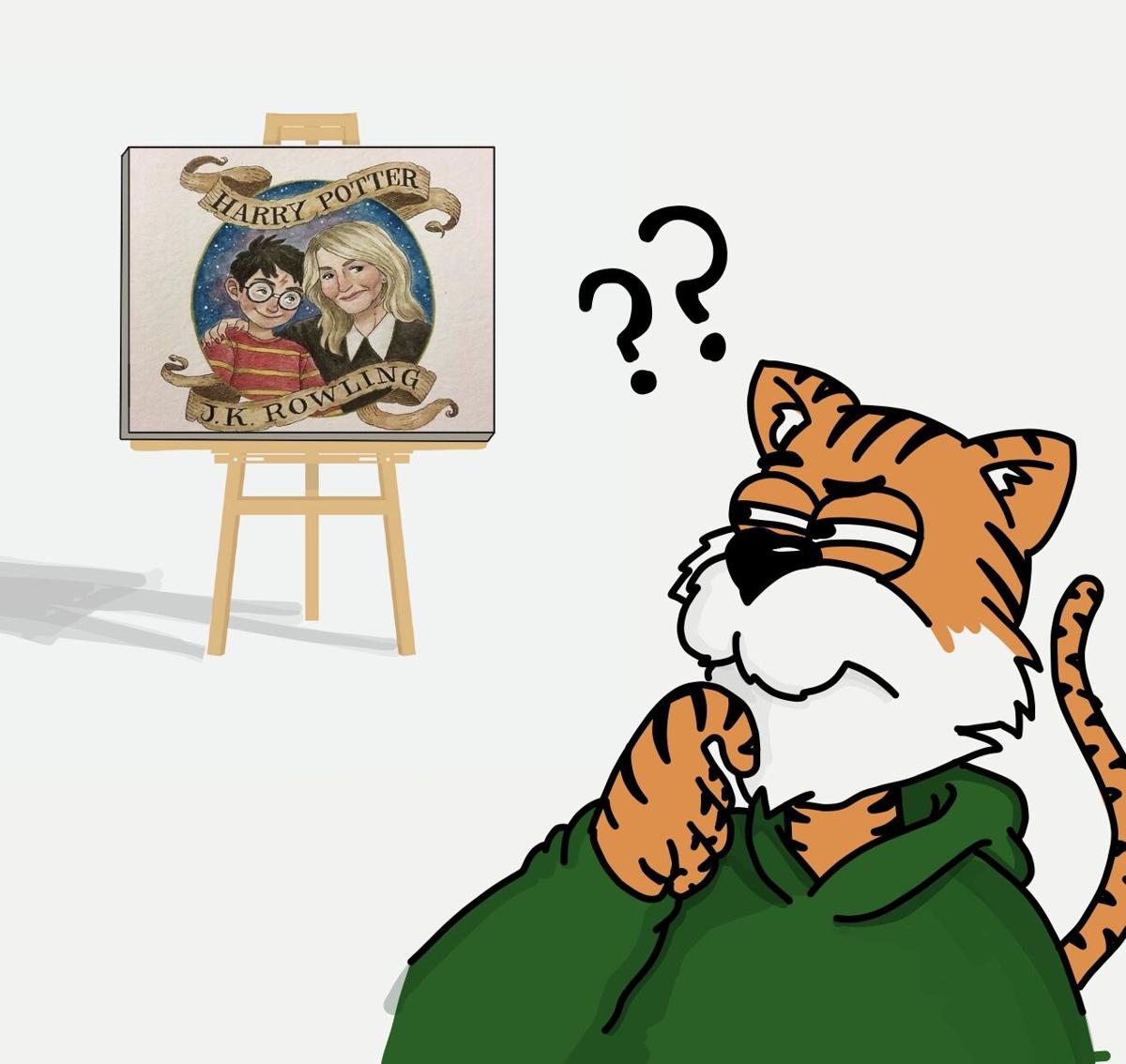
By Sarah Sinovich
Ye (Kanye West), Lady A (formerly known as Lady Antebellum), and Justin Bieber are musicians that are highly criticized and deemed as controversial. I don’t particularly listen to their music every day because it just simply isn’t my favorite. Sure, I like a few off of each of their albums but they are definitely not my go-to. What do you think about these people? With all the name changes, the reasons why they did that, what they did to become controversial, can you still like their music but not the artist?
Most artists I listen to similarly align with my morals of policy. The big question is: Can you separate the art from the artist? Fans can and should separate the art from the artist. I have grown up listening to a wide variety of music in all the different genres. This past year I listened to about 105,000 minutes of music according to Spotify, and I’d say I’ve grown to find a pretty eclectic taste. Being a non-stop and music-obsessed listener, I’ve come across a multitude of conventionally big and small artists’ work that I both objectively and subjectively love. If I like a musician’s music, I cannot help it. I want to indulge, immerse, and lose myself in that special atmosphere.
A student opinion writer from the Appalachian State University news site takes an opposing stance to this. Ella Adams believes that “by supporting the art, you are supporting the artist.” In general, this opposing side believes that if a person is considered politically incorrect or is immorally aligned with you on a personal level, you have to boycott the art. Since art is personalized by millions of consumers and can be a means of income, boycotting would negatively affect the artists’ financial statistics.
Although, when I listen to an artist for a while and they become controversial, I feel it’s up to me, how much I feel I need their music, and how I generally feel about the overall situation. Yet as an American citizen and general music lover, it feels duplicitous to the agenda that society/media pushes. I need to allow myself some facet or outlet to not politicize my every decision or experience or feel obligated to morally boycott an artist. Although sometimes I try to keep my opinions safeguarded when listening to an unconventional or controversial musician, at the end of the day I just want the art alone by itself. It is truly overwhelming as a younger person to experience how politicized and divided everything is, and I think allowing certain areas in my life to just breathe is vital. A truly creative environment is something I find really hard to come across, so being self-aware is enough for me right now. So, if you like it, listen to it. If you don’t, don’t!
If the art is separated from the artist, it would allow for too many inconsistencies. True art should be a product of a person’s thoughts and experiences.
An objectively great painting is an objectively great painting regardless of the creator. I think brands, corporations, events, platforms, and festivals have the right to the ultimate judgment call to continue supporting or eliminating that artist from the brand. Specifically, DaBaby was not allowed to perform at Lollapalooza because he made homophobic and misogynistic comments before the music festival. Lolla came out in a statement that the festival does not stand or tolerate these remarks: “Lollapalooza was founded on diversity, inclusivity, respect, and love. With that in mind, DaBaby will no longer be performing at Grant Park tonight.” I do believe, whether it’s streaming or live music, both service a completely different audience of music consumers.
You also may love the Harry Potter wizarding world, but can you watch the movies or read the books even though you may not like the creator?
Jeff Allen Wang, a user on the website Quora answered the question ‘can you separate the art from the artist,’ and made a good point of the objectification of art: “Does good art justify the person? Or, does a quality human being justify their art? Good art is good art. But good art DOES NOT justify the creator to use their art as an excuse to be anything less than a quality human being. Good people are good people. But the goodness of a person does not suddenly make their art good.”
At the end of the day, I just want to stream music, read books, consume all media that I enjoy. All of the artists’ I support aren’t involved in an extreme controversy that is apparent or embedded into their art. Artists that make an extreme profit off of controversy or public opinion are toxic and should be avoided. Although on the other hand, I’d say pretty much all relevant artists have to keep a constant public figure/opinion, and the very nature of doing that is to be human (so people are just going to naturally love, like, dislike, or hate you).